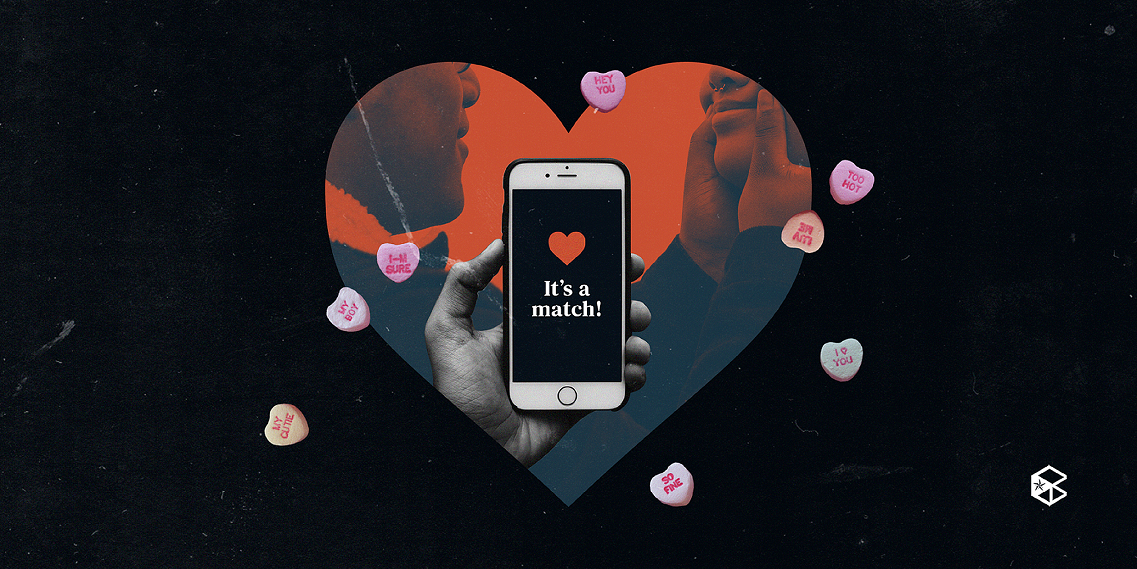Dating applications are often parallelized to a market for casual hookups and short-lived relationships. Its environment is also viewed to be a host for stalkers, scammers, and sexual predators who hide their real identity behind a fake online persona. Due to the seemingly “unsafe” nature of these applications, users are automatically subjected to skepticism once they enter the online dating scene.
The Philippine online dating scenario
As reported by survey company YouGov in 2017, 71% of Filipinos know at least one pair who met online. The study further revealed that 56% of Filipino millennials have used online dating applications. Due to the lack of time to meet new people, ability to connect anywhere, control in choosing a match based on preference, convenience, and boredom, people instead utilize these applications to find potential partners and matches.
However, users of these applications are targeted by scammers for personal gain due to their capability to conceal themselves behind a false identity.
A single Filipina mother who once used the online dating site OkCupid was scammed by a Japan-based American businessman. Although her friends met their life-long partners virtually, her experience cost her P18,000 for believing her partner’s inability to buy another plane ticket for their scheduled meeting.
Back in 2019, similar online romance scams were worth $201 million (approximately P9,653,931,510) in the United States alone.
In an interview with The Benildean, Hotel, Restaurant and Institution Management (HRIM) student Denise shared her negative dating experience while using online dating applications. According to her, “some people aren't how they are on their online profiles [and] some have really sketchy personalities.” She met her ex-partner on Bumble and their relationship lasted for two years. Despite her initial good impression with him, his true personality was revealed months later.
“I guess that’s the risk of getting [into a relationship] with a stranger, because you have no one to consult regarding their background in dating,” the 22 year-old added.
Compared to digital dating, Denise expresses that it would be easier to date someone you’ve met in real life. She emphasizes that one can see the person’s mannerisms, how they treat other people around them, and hear the way they talk, as opposed to how and what they present online.
“When you finally meet them in person, it might not be as accurate as what you’ve seen online. There’s that awkwardness and comparison with expectations versus reality,” she justified.
Although negative testimonies are flooding the applications, users also experienced positive reviews.
As a part of the LGBTQIA+ community, Denise felt more comfortable using these applications. She did not often socialize in large crowds and was not able to meet a lot of people from the same community.
“Since the majority of my friends and their circles are straight, it was harder for me to meet someone. Online dating however gave me options, and that is how I was able to find someone that I got in a relationship with,” she shared.
In 2018, Jil, a 21-year-old Multimedia Arts (ABMMA) student started using an online dating application hoping to find a romantic partner. By using it, she shared that she “got out of [her] comfort zone” and “was able to converse confidently with strangers.” She felt more comfortable and confident using these applications because she could choose her potential partner.
To this day, the acceptance and normalization of online dating in society is still far from reach. Due to the failure of social norms to keep up with the significant shift of technology, many people are still skeptical about online dating.
While some may argue whether online dating applications are effective or not, the answer relies on how users perceive and use it. These applications may protect them from any security issues, but regulating a faulty judgement is beyond its ability. Despite the unpleasant experiences, some users continue to trust the people they meet.
With that, one must be responsible enough whether online or offline. One must also look at these applications as a bridge of connecting people all around the world. Furthermore, anyone who uses or will use these should not be stigmatized in any way. If they are happier, more confident, and comfortable engaging online, everyone should learn to respect their decisions and let them live their lives the way they want it to be.


